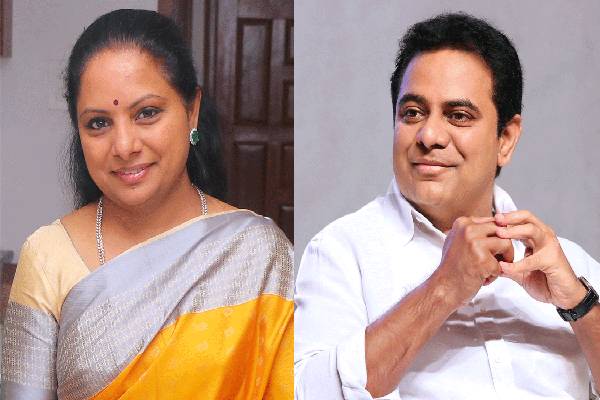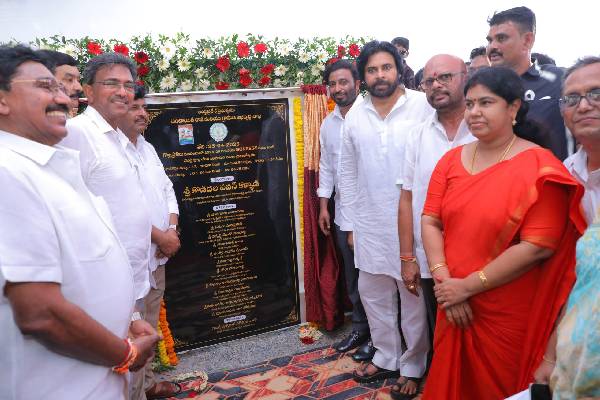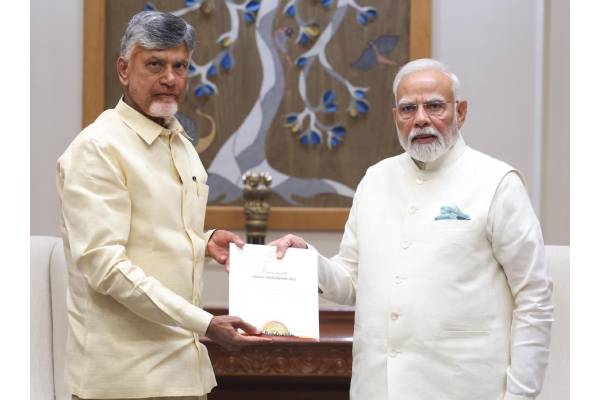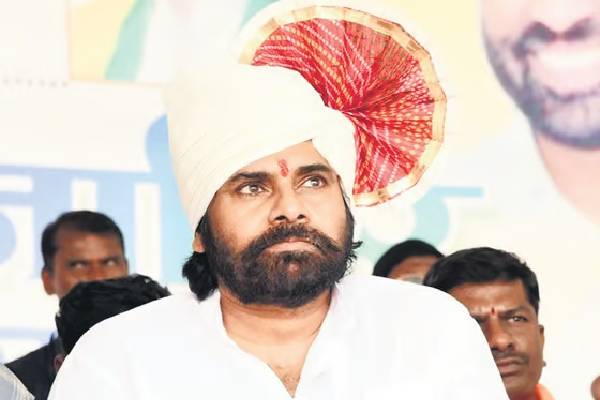The 2024 Maharashtra Assembly Elections saw a sweeping victory for the BJP-led Mahayuti alliance, which decisively defeated the INDIA bloc’s Maha Vikas Aghadi (MVA), led by Congress, with a commanding margin. The Mahayuti secured 236 out of 288 seats, reflecting its dominance in the state. However, the latest analysis published by Sakshi, owned by YSRCP, downplayed significant factors contributing to this victory—most notably, the role of Jana Sena Party (JSP) chief Pawan Kalyan.
Wrong Analysis: Sakshi’s Focus on Welfare Schemes
Sakshi attributed the BJP’s success to welfare initiatives, particularly the cash transfer program offering ₹1,500 monthly to women, which it labeled a “game-changer” in garnering female voters’ support. While welfare schemes indeed played a role, the analysis ignored that Congress’s MVA also promised a similar program under the “Mahalakshmi” banner, pledging ₹3,000 per month to women. By emphasizing BJP’s scheme while disregarding MVA’s comparable offering, Sakshi presented a skewed perspective.
Flawed Assumption: Estimating Assembly Election Results Based on Lok Sabha Results
Another point raised by Sakshi was the BJP’s recovery from its performance in the Lok Sabha elections earlier this year, where it won only 9 of 48 seats in Maharashtra. The analysis by Sakshi suggested BJP should have won only 83 Assembly seats based on this trend—a flawed assumption. Historically, Lok Sabha and Assembly elections often yield different outcomes, as demonstrated in Telangana, where KCR’s party won 40 Assembly seats but drawing a blank in the Lok Sabha polls. Furthermore, even if such a correlation existed, Sakshi provided no logical basis for the number 83 (calculation mistake), making its analysis speculative and unsubstantiated.
Highlighting Congress’s Failures
The analysis criticized Congress for failing to connect with local Marathi voters, highlighting its missteps in appointing out-of-touch observers and adopting ineffective campaign strategies. Sakshi argued that MVA’s focus on minority votes alienated the majority voter base, allowing BJP to consolidate its support. The INDIA bloc’s lack of cohesion and inability to counter BJP’s organized strategies were also flagged as major shortcomings.
Overlooking Pawan Kalyan’s Role
Despite extensively analyzing BJP’s strategies and Congress’s failures, Sakshi conspicuously omitted Pawan Kalyan’s contributions. The JSP chief campaigned in 11 border constituencies, including Deglur, Bhokar, and Solapur, areas with sizable Telugu-speaking populations. His speeches resonated with these settlers, drawing massive crowds and boosting BJP’s prospects.
The Mahayuti alliance candidates won all but one of the constituencies he campaigned in, with several explicitly crediting Pawan Kalyan for their victories. For instance:
-
BJP achieved its first-ever win in Deglur.
Devendra Rajesh Kothe, winner of the Solapur Central seat, publicly attributed his success to Pawan Kalyan’s influence.
Political analysts have acknowledged Pawan’s role as a critical factor in these regions, highlighting his ability to energize voters and expand the Mahayuti’s influence in challenging areas.
By ignoring Pawan Kalyan’s pivotal role, Sakshi failed to provide a comprehensive analysis of the Mahayuti’s success. His popularity among Telugu-speaking voters and his impact on key constituencies were undeniable, yet conspicuously absent from the Sakshi’s narrative. This omission raises questions about Sakshi’s objectivity and whether its analysis was influenced by political biases.



































